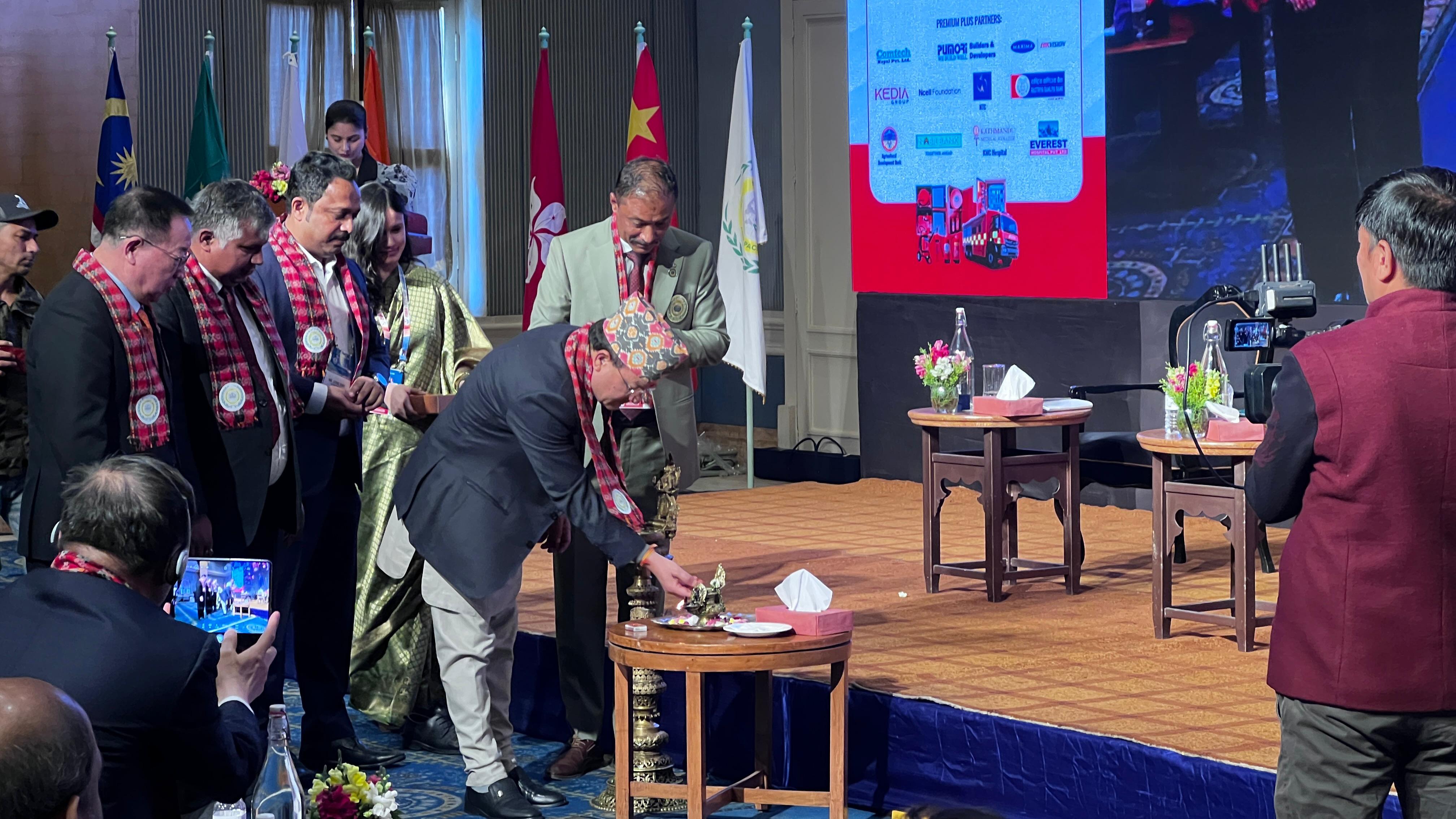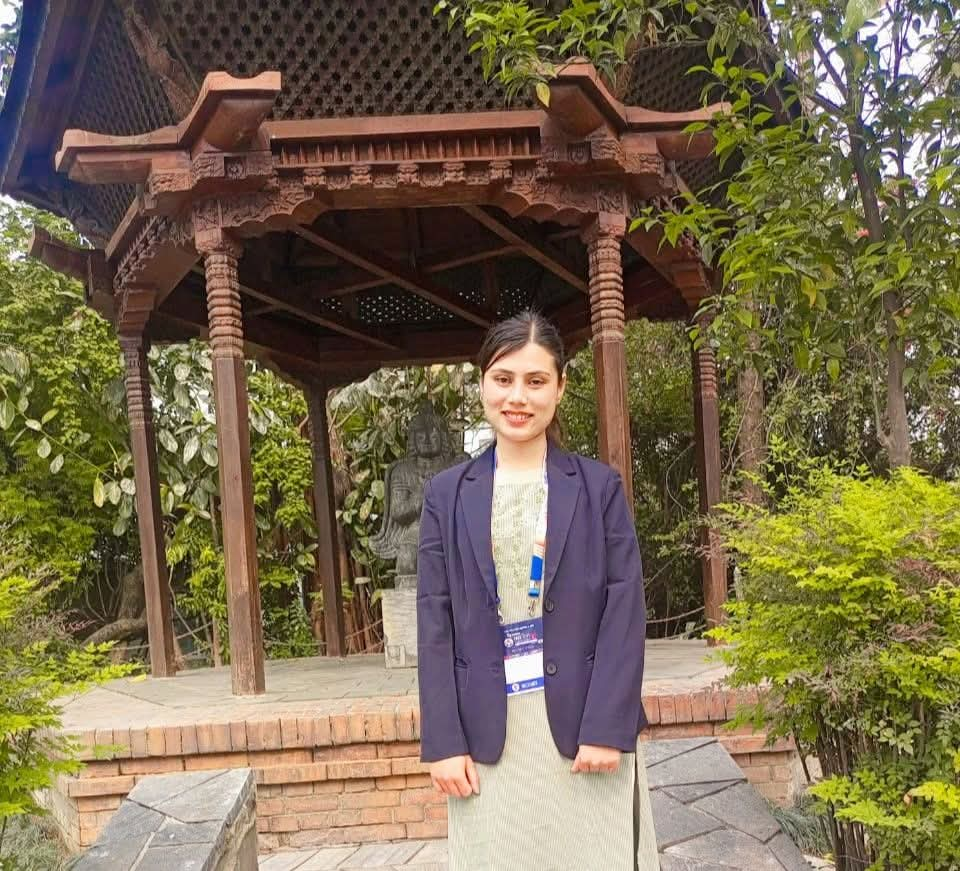Kathmandu – The two-day Fire Safety and Electronic Security International Conference 2025, held in Kathmandu, concluded successfully with the adoption of the 10-Point Kathmandu Declaration, setting a sustainable roadmap for fire and electronic safety. The conference, hosted by the Asia Pacific Security Association (APSA) Nepal, saw the participation of experts from 14 countries and aimed to address fire risks and promote cutting-edge technologies for electronic security.
Minister Stresses Technological Advancements for Safety
Inaugurating the event, Minister of Forests and Environment, Ain Bahadur Shahi Thakuri, emphasized the critical need for modern equipment and skilled manpower in managing forest fires and other fire-related disasters. "The government is committed to exploring alternatives beyond traditional firefighting measures and fostering collaboration among stakeholders for effective fire management," he remarked.
Key Points from the Kathmandu Declaration
The conference’s outcomes were consolidated into the 10-Point Kathmandu Declaration, highlighting key priorities such as:
1. Enhancing public awareness on fire and electronic safety.
2. Modernizing building codes for improved fire resistance.
3. Mitigating urban and forest fire risks.
4. Developing standards for drone usage in safety operations.
5. Ensuring responsible application of artificial intelligence in safety solutions.
6. Managing fire risks associated with electric vehicles.
7. Setting safety standards for related products.
8. Incorporating fire safety into educational curricula.
9. Strengthening regional cooperation for fire and electronic security.
10. Promoting technology-driven, long-term safety solutions.
A Platform for Collaboration
Experts from countries such as India, China, Japan, South Korea, and Singapore presented innovative approaches and shared best practices. The conference also provided opportunities for hands-on experience through technology exhibitions and interactive sessions, fostering international collaboration on fire safety strategies.
President of APSA Nepal, Sunil Kumar Shrestha, assured that the recommendations from the conference would be presented to the relevant authorities to influence policy reforms. "Fire safety is not just a technical matter but a critical issue tied to public safety, preparedness, and resilience," he stated.
Broad Participation and Impact
The conference was attended by representatives from Nepal Police, Armed Police Force, Nepal Army, local government bodies, industrial leaders, and fire safety experts. It facilitated cross-sector dialogue and inspired actionable strategies for fire safety and electronic security.
Building a Safer, Technologically Advanced Society
The conference concluded with a shared commitment to building a safer and technologically advanced society. By aligning the goals of public and private sectors with the insights from international experts, the event is expected to significantly influence fire safety policies and practices in Nepal and the broader Asia-Pacific region.